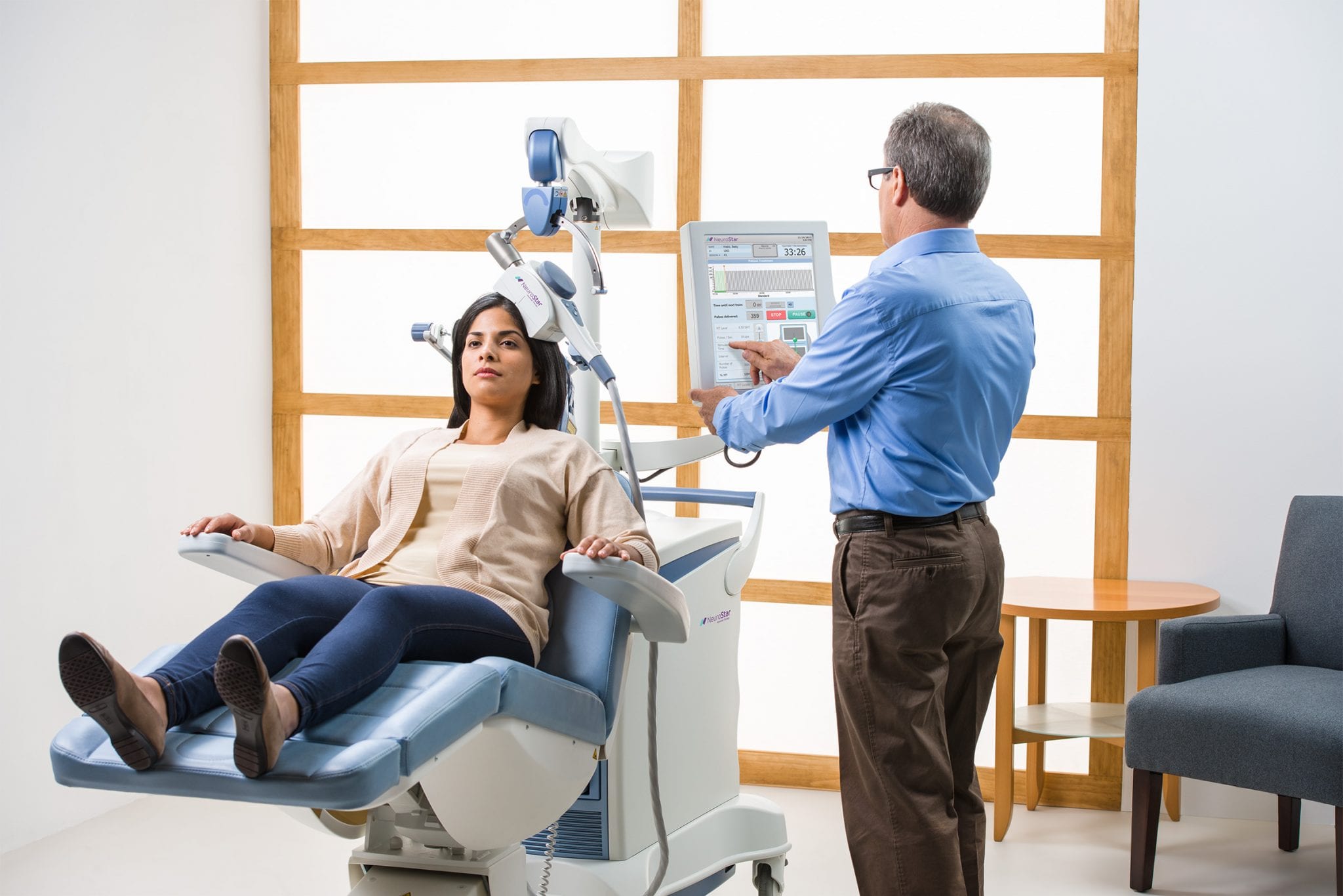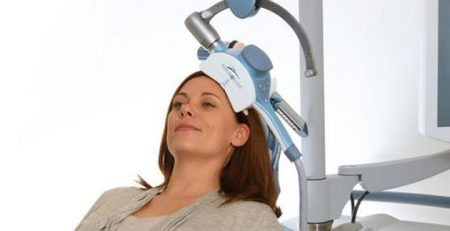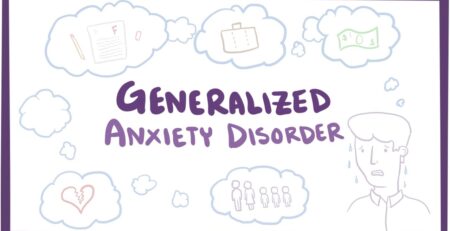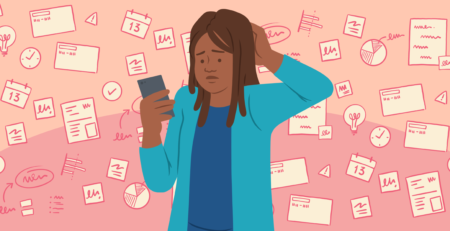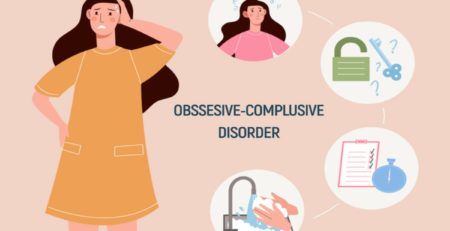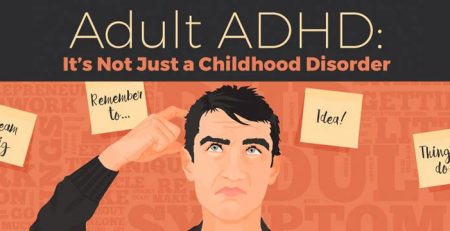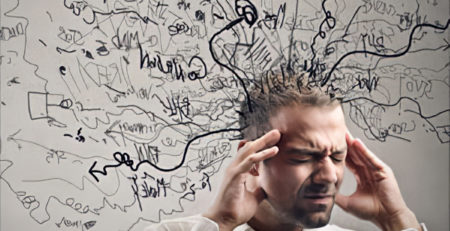What is TMS Therapy?
Major Depressive Disorder (MDD) is a severe mental health condition that can affect anyone, regardless of age or gender. Traditional treatments for MDD often involve multiple medications and even psychotherapy, but these treatments are not always effective and can come with many unwanted side effects. Thankfully, an alternative treatment option is available: Transcranial Magnetic Stimulation (TMS). Let’s look at what TMS Therapy is and how it works.
What Is TMS Therapy?
TMS therapy is a non-invasive, non-drug treatment option for MDD. It does not require sedation or anesthesia and has been FDA-approved since 2008. In addition, most insurance companies will also cover the cost of TMS therapy. During the procedure, a magnetic coil is placed on the scalp, which painlessly delivers repeated magnetic pulses to a targeted area of the brain which helps control mood and depression. The magnetic pulses produce energy to stimulate neurons in the brain to effectively activate regions of inactivity in the brain.
How Does It Work?
The most common side effect reported from TMS therapy is a minor headache possible during the first few treatments that can be easily treated with over-the-counter medications such as ibuprofen or acetaminophen. Other than that, there have been no reports of significant side effects from this therapy. Unlike other treatments for MDD, such as antidepressants or psychotherapy, TMS has no significant risks and is safe and effective in treating MDD.
TMS is a non-invasive treatment for depression
TMS is a non-invasive treatment for depression that uses magnetic fields to stimulate the brain. The treatment is FDA-approved and is effective in treating depression.
TMS is safe and has few side effects
TMS is a safe treatment with few side effects. The most common side effect is headaches, which typically resolve after a few days of treatment.
TMS is an effective treatment for depression
TMS is an effective treatment for depression, with studies showing that it can significantly reduce symptoms of depression.
TMS does not require medication
TMS does not require medication, making it a safer option than traditional antidepressant medications.
TMS has no risk of addiction
TMS has no risk of addiction, making it a safer option than traditional antidepressant medications.
TMS is covered by insurance
TMS is typically covered by insurance, making it a more affordable option than other treatments for depression.
TMS can be combined with other treatments for depression
TMS can be combined with other treatments for depression, such as therapy or medication, to improve outcomes further.
TMS can be used as a long-term treatment for depression
TMS can be a long-term treatment for depression, providing relief from symptoms for months or even years.
If you or someone you know is living with Major Depressive Disorder (MDD), then Transcranial Magnetic Stimulation (TMS) may be an effective treatment option to consider. This non-invasive and non-drug approach has been FDA-approved since 2008, and many insurance companies will also cover its cost. Furthermore, there have been no reports of significant side effects from this type of therapy except for the possibility of minor headaches during the first few treatments—which can be easily managed with over-the-counter medications if necessary. Contact your healthcare provider today if you are interested in learning more about this innovative treatment option!

